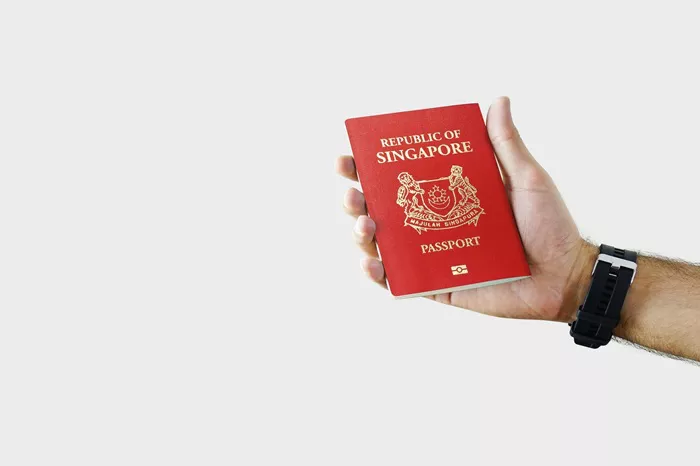In the 2025 Henley Passport Index, the United States has experienced a significant drop in its global ranking, now sitting in 9th place. This marks a noticeable decline from its previously higher position, a trend that highlights shifts in international mobility and the evolving landscape of global travel.
Current Standing of the U.S. Passport
As of 2025, U.S. passport holders have access to 184 destinations worldwide without the need for a visa or with visa-on-arrival options. While this still places the U.S. among the top passport rankings, the decline in position reflects several important factors influencing the global mobility of U.S. citizens.
Factors Contributing to the Decline
Limited Expansion of Visa-Free Agreements
Over the last decade, the U.S. has added access to just 12 new destinations. In contrast, countries such as Singapore have expanded their visa-free access by 25 countries, significantly enhancing their global mobility. The U.S.’s slower pace in securing new visa-waiver agreements has contributed to its slide in the rankings.
Reciprocity and Visa Policies
The U.S. continues to maintain strict visa requirements for a significant number of countries, leading to reciprocal visa restrictions that hinder travel for American citizens. This more rigid visa policy contrasts with nations that have embraced more relaxed visa policies, improving travel freedom for their citizens.
Geopolitical Dynamics
Changes in international relations, diplomatic tensions, and evolving foreign policies can have a substantial impact on visa agreements. Periods of isolationism or strained diplomatic ties often result in fewer visa-waiver negotiations, affecting the strength of a nation’s passport.
Comparative Analysis with Other Countries
While the U.S. passport still provides access to a large number of destinations, other countries have made greater strides in expanding their travel freedoms. Singapore, for instance, now leads the Henley Passport Index with access to 195 destinations, 11 more than the U.S. passport, underlining the proactive approach that many countries have taken toward international mobility.
Implications of the U.S. Passport’s Decline
Travel Flexibility
U.S. citizens may now face more visa requirements and restrictions compared to citizens of higher-ranked countries. This can complicate spontaneous international travel, potentially adding time and costs to travel planning.
Economic and Business Opportunities
The reduced travel freedom can impact business professionals and entrepreneurs who rely on the ease of travel to explore new markets, build partnerships, or attend international conferences. A decline in global mobility could pose challenges to U.S. business interests abroad.
Global Perception of Openness
A lower ranking could alter global perceptions of the U.S.’s openness to international engagement. Countries with higher rankings, especially those that have adopted more liberal visa policies, may be viewed as more accessible and welcoming to foreign travelers, fostering stronger international ties.
Conclusion
While the U.S. passport remains a powerful and valuable travel document, its drop in the Henley Passport Index serves as a reminder of the dynamic and competitive nature of global mobility. To reclaim its previous standing and further enhance travel freedom for U.S. citizens, the U.S. may need to reassess its visa policies and engage in more robust efforts to secure additional visa-waiver agreements with other nations.

